This article was co-authored by Allison Romero, PT, DPT. Dr. Allison Romero is a Pelvic Health Specialist, Physical Therapist, and the Owner of Reclaim Pelvic Therapy in the San Francisco Bay Area. With over a decade of experience, Allison specializes in comprehensive pelvic physical therapy treatments for pelvic floor dysfunction. She holds a Bachelor of Science in Kinesiology and Exercise Science from Sonoma State University and a Doctor of Physical Therapy from the University of Southern California. Allison is a board certified Physical Therapist in California and is a member of the American Physical Therapy Association-Section on Women’s Health and the International Pelvic Pain Society.
There are 12 references cited in this article, which can be found at the bottom of the page.
This article has been viewed 29,086 times.
Having an overactive bladder can be an annoying and chronic problem. You may develop an overactive bladder due to a medical disorder, a urinary tract infection, or certain medications. If you have this issue, you may be embarrassed in social settings when you drink fluids or feel uncomfortable around others at home or at work due to your inability to control your bladder. You can treat an overactive bladder naturally by adjusting your daily habits and by trying alternative medicine and exercises. You can also take herbal remedies, though you should always consult with your doctor before taking any natural products.
Steps
Adjusting Your Daily Habits
-
1Drink plenty of fluids. While you may be tempted to cut back on fluids if you have an overactive bladder, doing so can actually make the problem worse. If you’re not drinking enough, your urine can become too concentrated and irritate your bladder. Aim to drink about 3-4 glasses of gentle, non-irritating fluids (such as water and low-acid fruit juices) per day, or ask your doctor for recommendations about your fluid intake.[1]
- To avoid having to go to the bathroom frequently during the night, try to drink most of your liquids relatively early in the day. Cut back on how much you drink starting 2-3 hours before bedtime.
-
2Avoid drinking coffee and alcohol. Caffeinated beverages, such as coffee, black tea, soda, and energy drinks, can put more stress on your bladder and make your bladder symptoms worse. Alcohol can also cause you to have to go to the bathroom more often.[2]
- Switch out coffee and alcohol for herbal tea or water. Bring a water bottle with you so you can have water on hand. Brew pots of herbal tea and sip it throughout the day so you stay hydrated but do not overwhelm your bladder.
- You should also avoid using tobacco products and avoid consuming artificial sweeteners, as these can make your bladder issue worse.
- Additionally, steer clear of diuretic herbs like nettles, dandelions, and horsetail.[3]
Advertisement -
3Maintain a healthy weight. Being overweight can cause your bladder to become overactive or to become worse. You should try to maintain a weight that is healthy based on your age and height as well as your medical history. You may speak to your doctor about your ideal weight and discuss ways you can reduce your weight if you are overweight so your bladder issues are less severe.[4]
- You may try adjusting your diet so it is more healthy and balanced to lose weight. Or you may take up healthy habits like exercise to reduce your weight.
-
4Do timed voiding. You can address your overactive bladder by doing timed voiding, where you extend the time between trips to the bathroom to urinate. You may also get into the habit of going to the bathroom at regular timed intervals to get your bladder used to a certain pattern. For example, you may urinate every 2 hours. Or you may try to leave 1 hour between bathroom trips throughout the day.[5]
Using Alternative Medicine and Exercises
-
1Get acupuncture. Acupuncture requires the use of special needles on certain parts of your body to release stress or tension in the area. Studies have shown that acupuncture can help to increase bladder control and reduce your frequency of urination. Always see a certified, reputable acupuncturist to ensure the treatment is safe and effective.[6]
- You can also speak to your doctor about the use of acupuncture for your bladder issues. Your doctor may be able to recommend an acupuncturist that you can see for treatment.
-
2Try biofeedback. Biofeedback is a treatment that is often done under the supervision of a physical therapist. During biofeedback, electrical sensors are used to monitor your pelvic muscles and help you get a sense of why you are having bladder issues. You can then make adjusts to your habits based on the results of the biofeedback.[7]
- You can ask your doctor for a referral to a physical therapist who can perform biofeedback for you.
- Before you do biofeedback, you should confirm the treatment is covered by your medical insurance. The treatment can be expensive if you have to pay out of pocket.
-
3Do pelvic floor therapy. Work with a physical therapist to strengthen your pelvic floor, which will help treat an overactive bladder. Ask your doctor to recommend a physical therapist with expertise in pelvic floor therapy.[8] Additional benefits of this type of therapy may include reduced pelvic pain.[9]
-
4Try Kegel exercises. Kegel exercises require you to flex the muscles that you use to stop yourself from urinating. Doing Kegel exercises can help to strengthen your pelvic floor and maintain more control over your bladder.[10] You can do Kegel exercises at home once a day to try to address your bladder issues.[11]
- You can ask your doctor or a physical therapist to show you how to do Kegel exercises. Squeezing and releasing your pelvic floor muscles once a day for 6 to 12 weeks can lead to improvements over your bladder control.
-
5Practice pelvic yoga poses. There are several yoga poses that can help to strengthen your pelvic floor. You may try doing a series of these poses to address your bladder issue on your own at home or in a yoga class under the guidance of an instructor.[12]
- You may try doing Mula Bandha, where you tighten the muscles that control your urethral sphincter in time with your breathing.
- You can also do poses like the Fish, the Pike, or the Crow to increase your pelvic strength.
Taking Herbal Remedies
-
1Speak to your doctor before taking any herbal remedies. Before you try any herbal treatments, you should talk to your doctor about the safety of these treatments. There is currently no medical testing done on herbal treatments and no guarantee of the safety of herbal treatments available for consumers. However, several herbal treatments show promise in addressing overactive bladder issues.[13]
- Ask your doctor about specific herbal remedies you are considering before you try them. You may ask, “Do you recommend specific herbal remedies for my bladder issue?”
- Discuss any medical issues you have that may conflict with the herbal remedies or cause adverse effects. You could ask your doctor, “Do I have any medical issues that may react negatively with herbal remedies?”
-
2Combine several herbal remedies for best results. There are 3 herbal remedies that are often used to address overactive bladders. They are: Gosha-jinki-gan, Hachi-mi-jio-gan, and Buchu. You can find these herbal remedies at natural food stores or online.[14]
- Gosha-jinki-gan is a blend of 10 herbs that can be used to address bladder issues. Some studies have shown that these herbs can help to reduce your urge to urinate and help maintain control of your bladder.
- Hachi-mi-jio-gan is a blend of 8 natural herbs and is believed to help ease bladder contractions, which can reduce your body’s urge to urinate.
- Buchu is an herbal remedy that is popular in South Africa and is used for a variety of medical issues, including overactive bladder.
-
3Verify the seller of the herbal remedy before you use it. Make sure you verify that the seller of the herbal remedy is legitimate before you purchase it. Check that there is a contact number or website for the seller and that you are able to contact the seller with any questions or concerns you may have about the product. You should also read reviews of the herbal remedy online and read over the ingredients list to ensure there are no additives, preservatives, or artificial flavors in the herbal remedy.
- If you are not sure if the seller of the herbal remedy is legitimate, you should contact your doctor. Show the herbal remedy to your doctor to confirm if it appears safe for use for your overactive bladder issues.
When to Seek Medical Care
-
1See your doctor if you develop symptoms of an overactive bladder. While an overactive bladder is a common medical issue, especially in older adults, it’s not a normal part of aging. If you develop an overactive bladder, talk to your doctor to discuss treatment options and figure out what may be causing your condition.[15] It’s especially important to see your doctor if your symptoms are causing distress or disrupting your daily life. Common symptoms of an overactive bladder include:[16]
- Frequently getting a sudden and overwhelming urge to urinate
- Difficulty controlling your bladder or making it to the toilet in time
- Needing to urinate 8 or more times in 24 hours
- Waking up frequently (2 or more times) during the night to urinate
-
2Discuss medical treatments if natural remedies don’t work. While lifestyle and diet changes can help improve the symptoms of an overactive bladder, sometimes they aren’t enough. If natural remedies aren’t giving you the results you want, talk to your doctor about medical options. Some possible treatments include:[17]
- Intermittent catheterization, in which you occasionally use a catheter to help empty your bladder completely.
- Medications to relax your bladder, such as tolterodine (Detrol), oxybutynin (Ditropan XL), or tropsium (Sanctura).
- Injections of Botox to temporarily paralyze overactive bladder muscles.
- Electrical nerve stimulation, which can help regulate nerve impulses sent to your bladder.
- Surgery to enlarge your bladder or replace it with an artificial one. These options are typically a last resort, and your doctor may only recommend them if nothing else works.
-
3Address any possible underlying causes for your overactive bladder. Sometimes an overactive bladder may develop as a symptom of another medical condition. Treating the underlying cause might help improve your bladder control symptoms. Work with your doctor to figure out if your overactive bladder is related to another issue, such as:[18]
- A urinary tract infection
- Changes in your hormones
- Weakened pelvic muscles
- Neurological problems or nerve damage
- Side effects from a medication you’re taking
- Diabetes[19]
Expert Q&A
Did you know you can get expert answers for this article?
Unlock expert answers by supporting wikiHow
-
QuestionWhat is the main cause of overactive bladder?
 Allison Romero, PT, DPTDr. Allison Romero is a Pelvic Health Specialist, Physical Therapist, and the Owner of Reclaim Pelvic Therapy in the San Francisco Bay Area. With over a decade of experience, Allison specializes in comprehensive pelvic physical therapy treatments for pelvic floor dysfunction. She holds a Bachelor of Science in Kinesiology and Exercise Science from Sonoma State University and a Doctor of Physical Therapy from the University of Southern California. Allison is a board certified Physical Therapist in California and is a member of the American Physical Therapy Association-Section on Women’s Health and the International Pelvic Pain Society.
Allison Romero, PT, DPTDr. Allison Romero is a Pelvic Health Specialist, Physical Therapist, and the Owner of Reclaim Pelvic Therapy in the San Francisco Bay Area. With over a decade of experience, Allison specializes in comprehensive pelvic physical therapy treatments for pelvic floor dysfunction. She holds a Bachelor of Science in Kinesiology and Exercise Science from Sonoma State University and a Doctor of Physical Therapy from the University of Southern California. Allison is a board certified Physical Therapist in California and is a member of the American Physical Therapy Association-Section on Women’s Health and the International Pelvic Pain Society.
Pelvic Health Specialist
-
QuestionHow can I stop bladder spasms?
 Lisa Bryant, NDDr. Lisa Bryant is Licensed Naturopathic Physician and natural medicine expert based in Portland, Oregon. She earned a Doctorate of Naturopathic Medicine from the National College of Natural Medicine in Portland, Oregon and completed her residency in Naturopathic Family Medicine there in 2014.
Lisa Bryant, NDDr. Lisa Bryant is Licensed Naturopathic Physician and natural medicine expert based in Portland, Oregon. She earned a Doctorate of Naturopathic Medicine from the National College of Natural Medicine in Portland, Oregon and completed her residency in Naturopathic Family Medicine there in 2014.
Licensed Naturopathic Physician First of all, make sure you are avoiding bladder irritants such as caffeine or alcohol and strong diuretics such as black tea, green tea, dandelion tea, nettles, etc. Processed foods can also trigger bladder spasms. To reduce bladder spasms, you can try applying a heating pad to the lower abdomen or using a TENS unit, biofeedback or any other treatment listed above. Some patients also find the herb Althaea officinalis (marshmallow) to be helpful to consume as a tea.
First of all, make sure you are avoiding bladder irritants such as caffeine or alcohol and strong diuretics such as black tea, green tea, dandelion tea, nettles, etc. Processed foods can also trigger bladder spasms. To reduce bladder spasms, you can try applying a heating pad to the lower abdomen or using a TENS unit, biofeedback or any other treatment listed above. Some patients also find the herb Althaea officinalis (marshmallow) to be helpful to consume as a tea.
References
- ↑ https://my.clevelandclinic.org/health/diseases/14248--overactive-bladder-/management-and-treatment
- ↑ https://www.urologyhealth.org/urology-a-z/o/overactive-bladder-(oab)
- ↑ https://www.organicfacts.net/natural-diuretic-foods.html
- ↑ https://my.clevelandclinic.org/health/diseases/14248--overactive-bladder-
- ↑ http://obgyn.med.miami.edu/urogynecology/urinary-incontinence/treating-urinary-incontinence
- ↑ http://www.prevention.com/health/incontinence-prevention-and-solutions
- ↑ http://www.health.com/health/gallery/0,,20457139,00.html#kegel-exercises-1
- ↑ Allison Romero, PT, DPT. Pelvic Health Specialist. Expert Interview. 2 December 2020.
- ↑ https://my.clevelandclinic.org/departments/rehabilitation/services/pelvic-floor
- ↑ Allison Romero, PT, DPT. Pelvic Health Specialist. Expert Interview. 2 December 2020.
- ↑ http://www.health.com/health/gallery/0,,20457139,00.html#kegel-exercises-1
- ↑ http://www.prevention.com/health/incontinence-prevention-and-solutions
- ↑ https://www.ncbi.nlm.nih.gov/pmc/articles/PMC3821987/
- ↑ https://www.ncbi.nlm.nih.gov/pmc/articles/PMC3821987/
- ↑ Allison Romero, PT, DPT. Pelvic Health Specialist. Expert Interview. 2 December 2020.
- ↑ https://www.urologyhealth.org/urology-a-z/o/overactive-bladder-(oab)
- ↑ https://www.urologyhealth.org/urology-a-z/o/overactive-bladder-(oab)
- ↑ https://my.clevelandclinic.org/health/diseases/14248--overactive-bladder-
- ↑ https://www.ncbi.nlm.nih.gov/pmc/articles/PMC3153010/

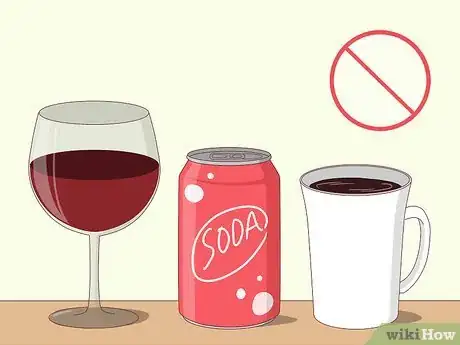
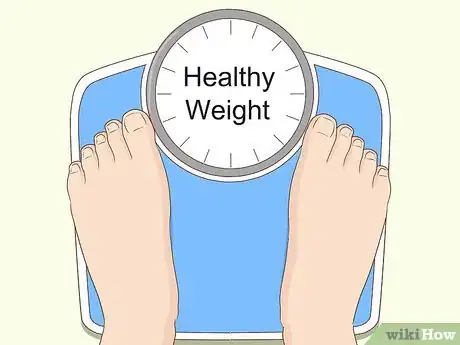
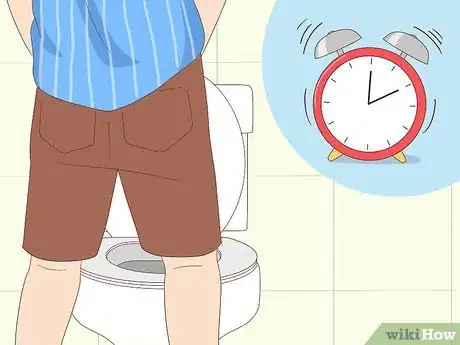
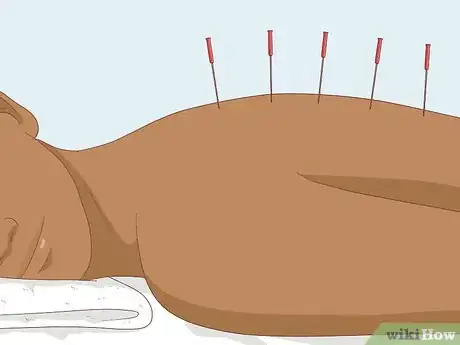
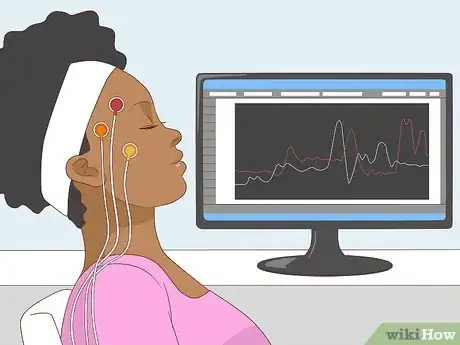
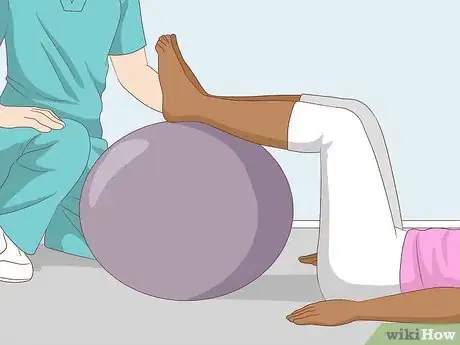

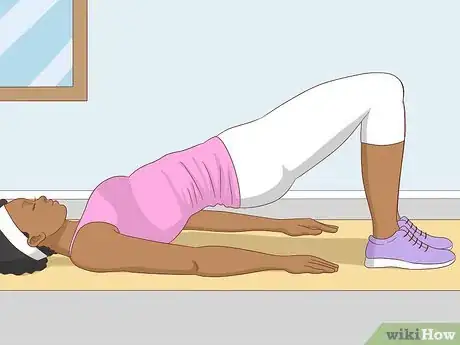
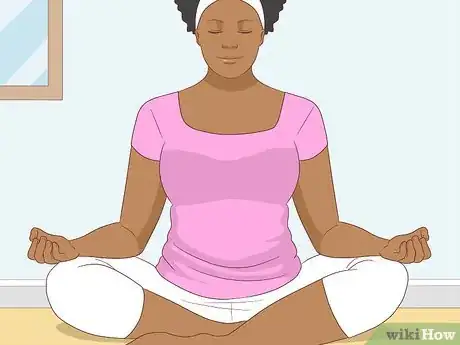
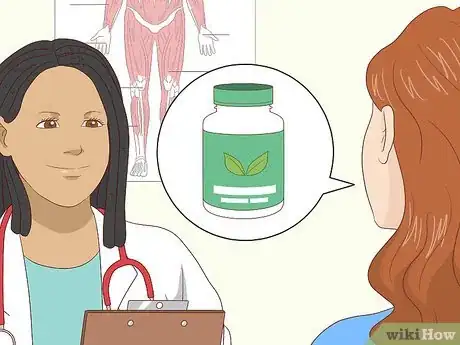
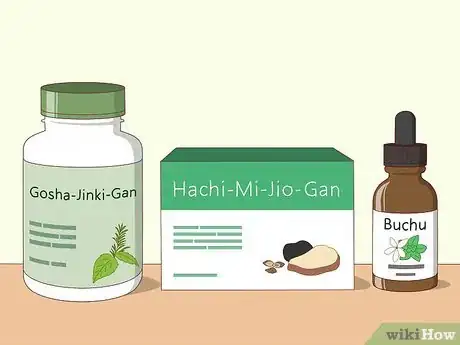
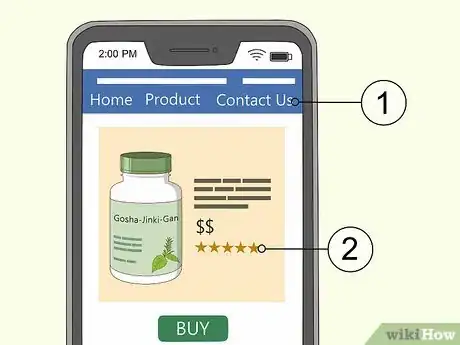

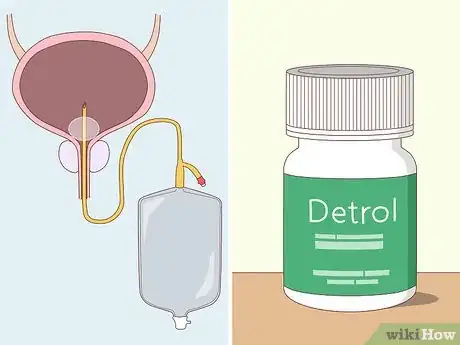
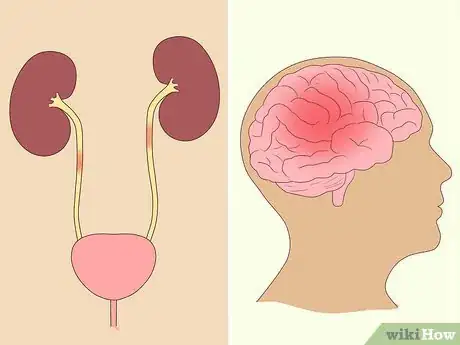
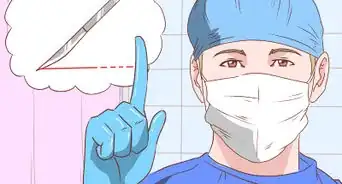

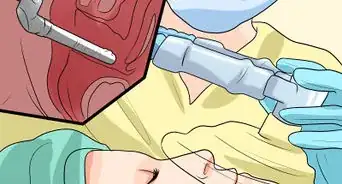
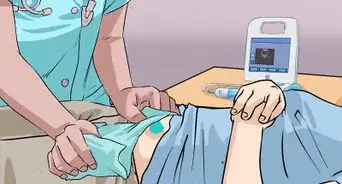
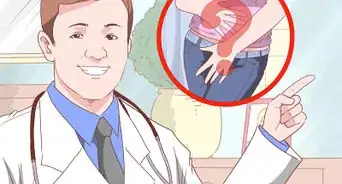

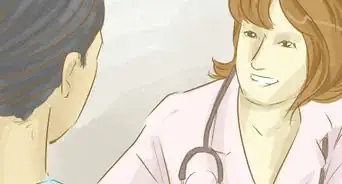
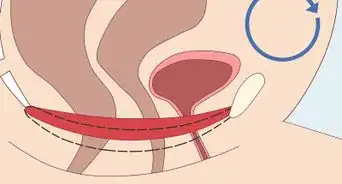
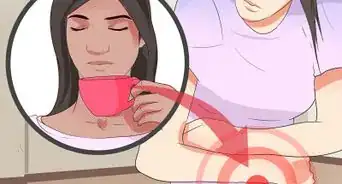


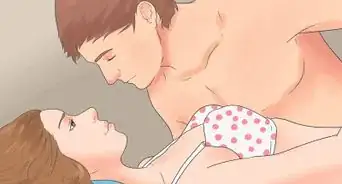
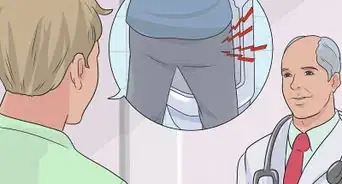







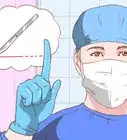

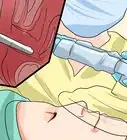
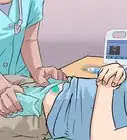



































Medical Disclaimer
The content of this article is not intended to be a substitute for professional medical advice, examination, diagnosis, or treatment. You should always contact your doctor or other qualified healthcare professional before starting, changing, or stopping any kind of health treatment.
Read More...